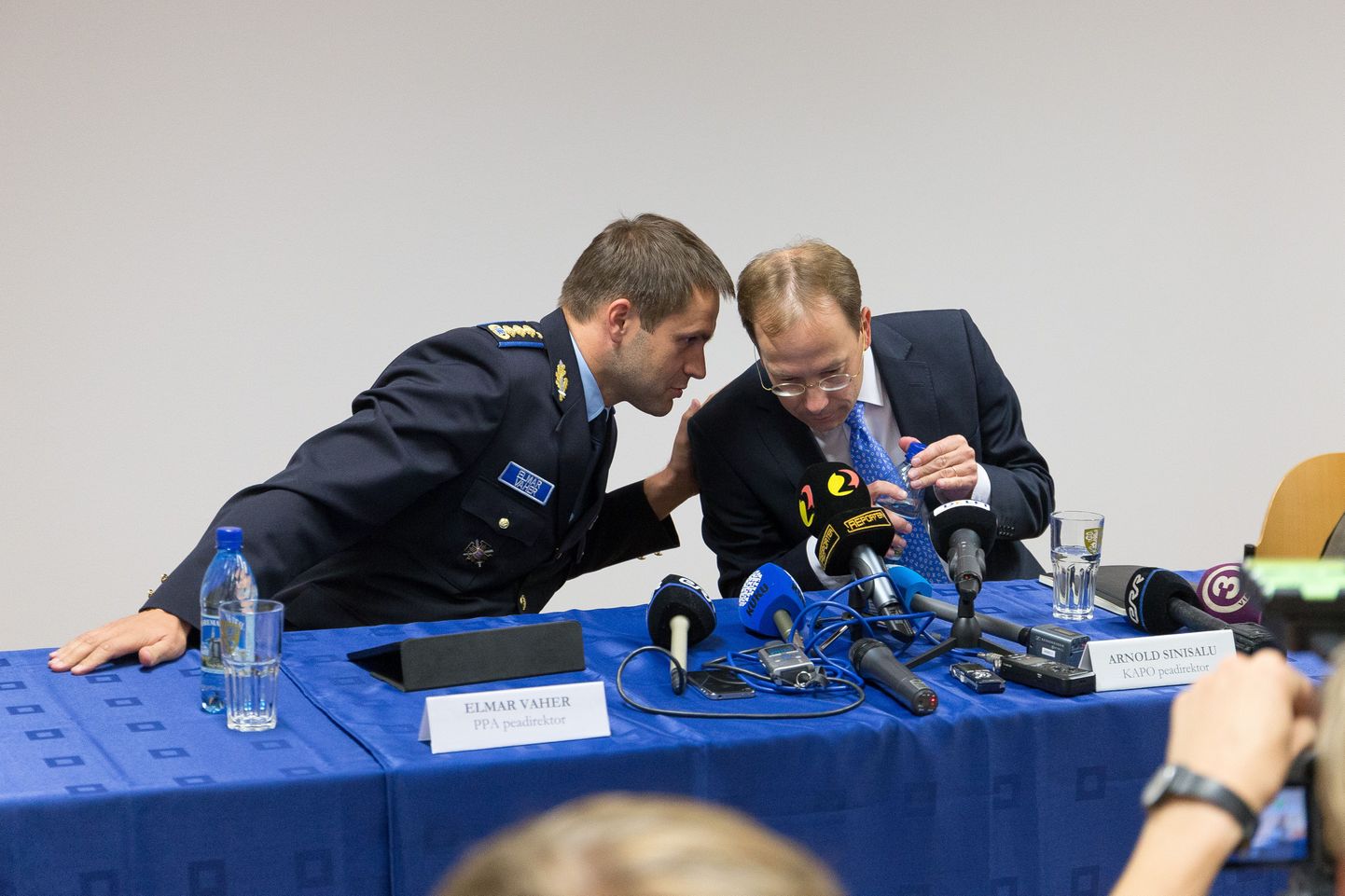That Thursday night, the section of the border chosen for special operations was watched by the Security Police (KAPO), not Police and Border Guard Board – as usual. With special operations, this is rather the usual. The daily border guard technology was off, intentionally, for the purpose of the operation to succeed.
KAPO officer Eston Kohver was scheduled for a meeting on the Estonian territory to collect information regarding cross-border customs and border corruption. That’s also quite the usual in his work, and risks come with the territory.
Earlier, for instance, Mr Kohver has officially met an FSB employee on the border; back then, the meeting was about the smuggling of explosives and arms. Thus, the man was known to the opposite party, and that was naturally known to KAPO. When sending him for the job, however, they supposed the Eastern neighbour would keep the unwritten rules: people are not apprehended on the border, they are not kidnapped.
Friday morning at 9 am, the two armed security police officers on location to secure Mr Kohver were unable to protect and assist him, being shocked and blinded by the smoke grenade the Russian FSB men detonated. As the smoke started to clear, the opponents were already across the border line. For KAPO staff, however, it is off limits to cross the line.


